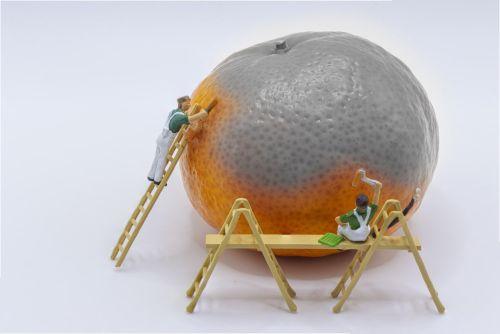Understanding the Illinois Deceptive Trade Practices Act

Illinois law provides crucial protections to both businesses and consumers to help ensure they are safeguarded from deception, fraud, and concealment when it comes to trade and commerce. The Uniform Deceptive Trade Practices Act limits the use of deceptive trade practices during the course of business. Under this statute, a party who has been injured as a result of a deceptive trade practice can pursue a legal claim against the offending business.
What is the Uniform Deceptive Trade Practices Act?
Deceptive trade practices can significantly harm a business and its bottom line. The Uniform Deceptive Trade Practices Act is a statute that is meant to protect consumers by limiting the use of misleading, confusing, or deceptive trade practices in business. The Act specifically prohibits deceptive acts and the use of unfair practices in commerce, including those involving the use of fraud, misrepresentation, and omissions of material facts.
Acts that constitute deceptive trade practices can include things like a car dealership representing a damaged vehicle as new or tampering with odometers. Other examples of prohibited acts can include falsely labeling food products, making inaccurate claims about services, or engaging in any advertising that could be misleading to the public.
Under Illinois law, a party engages in a deceptive trade practice when they do any of the following:
- Pass off goods or services as those of another
- Cause a likelihood of confusion or misunderstanding regarding the source, sponsorship, approval, or certification of goods or services
- Cause a likelihood of confusion or misunderstanding when it comes to the affiliation, connection, association with, or certification by another
- Use deceptive representations or designations concerning the geographic origin of goods or services
- Represent that the goods or services have sponsorship, approval, characteristics, uses, ingredients, quantities, or benefits that they do not have
- Represent goods as original or new when they are deteriorated, altered, reclaimed, reconditioned, used, or secondhand
- Represent that the goods are of a particular standard when they are of another
- Disparage the goods, services, or business of another by making misleading representations of fact
- Advertise goods or services with the intent not to sell them as advertised
- Advertise goods or services with the intent of not supplying reasonable public demand, unless the advertisement specifies there is limited quantity
- Make false or misleading statements of fact regarding the reasons for, existence of, or amounts of price reductions
- Engage in any other conduct that creates a likelihood of confusion or misunderstanding by consumers
The Attorney General or state attorneys can take action against a business that committed a violation of the Deceptive Trade Practices Act. In addition, a party that has been harmed by any of the above actions in violation of the Act may be entitled to pursue a civil action to recover their damages.
What Remedies Can a Party Pursue for a Deceptive or Fraudulent Act?
Illinois law allows a party who was injured by another’s deception, fraud, misrepresentation, or concealment of facts while conducting trade to recover their damages. The intent to deceive does not need to be proven under the Deceptive Trade Practices Act — a victim may take legal action even if the misrepresentation was made innocently. It is also not necessary to prove competition, actual confusion, or misunderstanding to prevail in a claim under the Act.
A party who is likely to be damaged by the deceptive trade practice of another may be granted injunctive relief by the court to limit the confusion and misunderstanding as to the source of the goods or services at issue. Critically, a victim of a deceptive trade practice does not need to establish actual proof of monetary damages or loss of profits to prevail in a claim. Attorneys’ fees and court costs may be awarded in cases where the court finds the defendant willfully engaged in a deceptive trade practice.
When Does the Deceptive Trade Practices Act Not Apply?
While the Deceptive Trade Practices Act applies to a wide range of deceptive and fraudulent business acts, there are certain cases in which it would not apply. Under the statute, the Act does not apply to conduct that is in compliance with the rules of a federal, state, or local governmental agency. It also does not apply to the dissemination of information by publishers, broadcasters, printers, or other such parties who have no knowledge that the material is deceptive.
Contact an Experienced Illinois Business Attorney
If you are facing a deceptive trade practices claim, you may be entitled to take legal action against the wrongdoer. However, these cases are often complex and it’s essential to have a skillful attorney by your side who can assist you with navigating the legal process. Located in Rolling Meadows, Litico Law Group serves the needs of business owners and entrepreneurs throughout Illinois for a wide variety of legal matters, including those involving the Deceptive Trade Practice Act. We welcome you to contact us or give us a call at (847) 307-5942 to schedule a consultation to learn how we can assist you.



